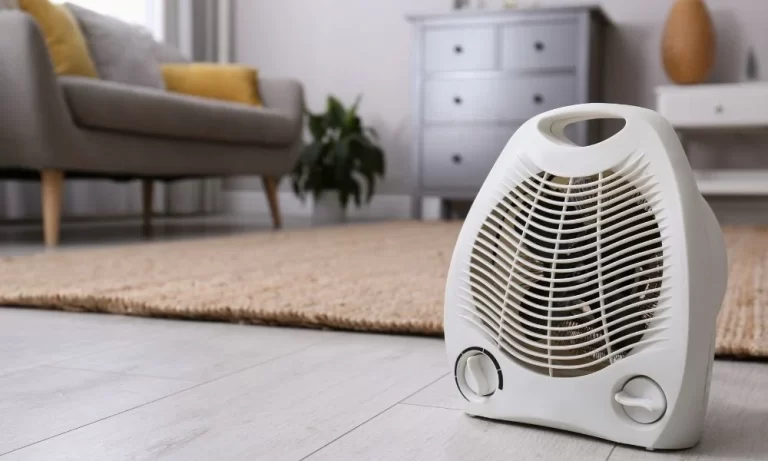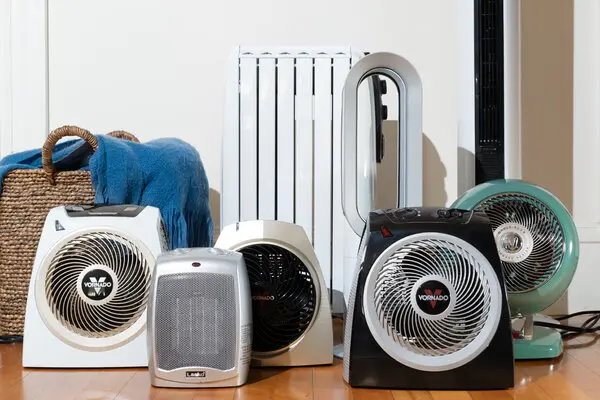Hearing loud or strange sounds from a heater can turn a quiet night into a stressful guessing game. A system meant to bring warmth should never be the source of sudden bangs, hums, or screeching. These noises often signal something that needs attention, and catching it early can make all the difference. This article breaks down the most frequent causes behind unusual heater noises.
Worn or Loose Motor Belt
If a heater is screeching, the sound may come from a worn-out or slipping motor belt. Over time, this belt can loosen, stretch, or crack, making a high-pitched screech during operation. The belt is responsible for driving the fan or blower in some heater models, and it needs to stay tight and smooth to run quietly.
This noise usually happens when the heater first kicks on or tries to cycle air. In many cases, the belt simply needs adjustment or replacement—a fairly simple fix. But if left ignored, the belt could snap or cause extra strain on other parts. Catching the screech early saves more than just peace and quiet.
Dry or Damaged Bearings
Another reason for that harsh screeching sound might be worn or dry bearings inside the blower motor. These bearings help moving parts spin smoothly. They grind and screech without enough lubrication, especially when the heater runs at full speed. That sound often grows louder over time, especially if the heater gets regular use during colder months.
In places where winters get chilly, heaters may run longer than usual. That added usage can cause parts to wear down faster if maintenance is skipped. Regularly oiling or replacing worn bearings keeps the system running smoothly. Ignoring them risks overheating or total motor failure.
Rattling or Banging Noises
Sometimes, a heater will make loud, rattling noises that sound more mechanical than sharp. These sounds might be caused by loose screws, panels, or internal parts shifting during operation. As the heater warms up and parts expand, even a small piece coming loose can vibrate loudly.
This type of noise often starts small and gets worse over time. A heater with lots of rattles may seem like it’s falling apart—but it’s usually a matter of tightening things back into place. Regular inspections help spot these loose parts before they cause bigger trouble. A simple adjustment can bring things back to quiet again.
Pop or Crack
While the heater itself may work fine, the connected ductwork can still make unexpected noise. Metal air ducts expand and contract as hot air rushes through them, often causing popping or cracking sounds. These are especially noticeable when the temperature changes quickly.
Still, if ductwork makes a lot of noise, it might not be sealed properly or be undersized for the system. In homes where heating may not be used as often, a sudden startup in winter may lead to louder sounds. Sealing gaps, reinforcing loose duct joints, or adding insulation can tone down the racket.
What Should You Do About Heater Noise?
Strange sounds from a heater can be unsettling, especially when they appear out of nowhere. A quick look at the type and timing of the sound can help narrow down the cause. Checking for visible wear or listening closely during each heating cycle might offer more clues.
Calling a skilled technician is often the safest and most effective way to address the noise. Trained professionals know how to safely inspect moving parts, test components, and pinpoint the exact cause. Their experience helps prevent small issues from turning into costly damage.
When a heater is screeching, it often points to worn belts, dry bearings, or loose mechanical parts that need care. These sounds aren’t just noise—they’re warning signs that something isn’t right inside the system. Catching the cause early helps keep things running smoothly without major breakdowns.


